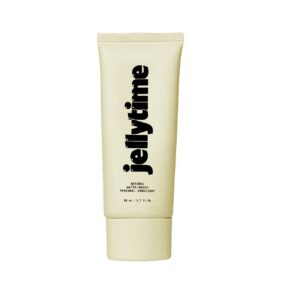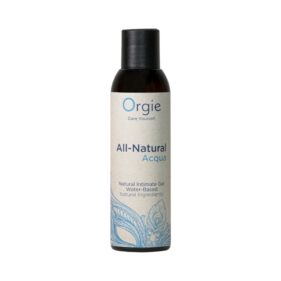
Disclaimer: We use the term “vagina” here to refer to the entire female genital area, including the vulva and surrounding parts. The taste is mainly influenced by vaginal secretions, which is why we focus on the term “vagina” throughout this guide.
Advertisements from feminine hygiene products often paint a picture of vaginas smelling and tasting like flowers, creating a sweet, fresh image that’s far from reality. The truth is, the taste of the vagina is quite different from those commercial fantasies. It’s influenced by natural secretions and varies from person to person.
In this guide, we’ll explore the true taste of a vagina and uncover some simple habits to keep things healthy and balanced down there.
What Does a Vagina Taste Like?

A healthy vagina can have a range of tastes, but here are a few common ones:
Metallic or Penny-like
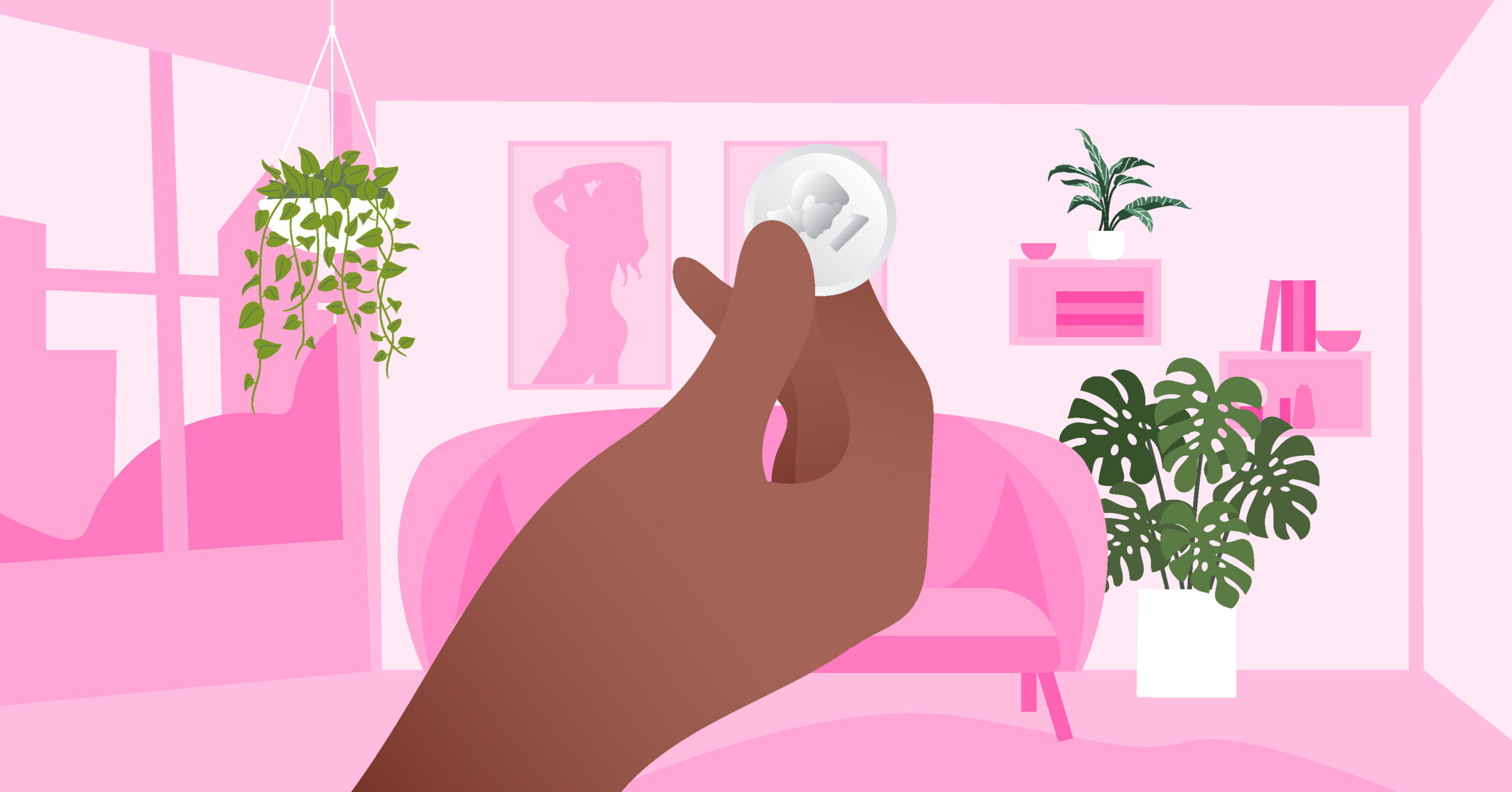
This taste comes from the natural acidity in the vagina, which helps keep bacteria in check. The metallic flavor might be more noticeable after menstruation due to trace amounts of blood, which has a naturally metallic taste because of its iron content.
Salty and Sour

It’s normal for the vagina to taste slightly salty or sour, especially after exercise or physical activity that causes sweating. Additionally, if you don’t wipe well after urinating, some residual urine might contribute to this taste.
Unflavored
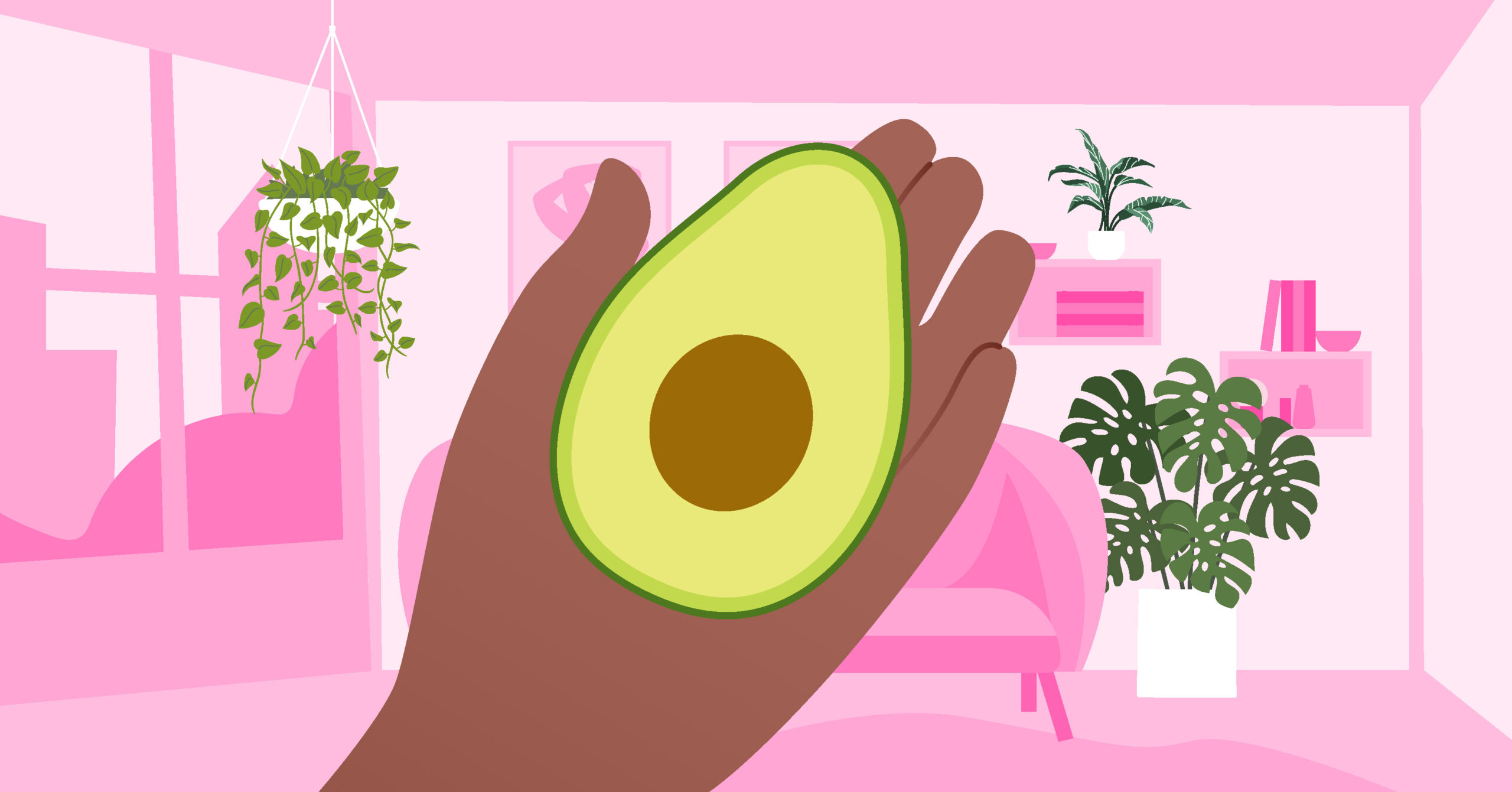
Sometimes, your vagina might taste neutral, especially right after cleaning the vulva. This can wash away vaginal discharge and secretions that contribute to the taste.
What Taste Could Be a Red Flag?

If you notice a strong, fishy odor and taste that persists even after washing your vulva, it’s a good idea to consult a gynecologist. This could indicate an underlying health issue such as:
- Bacterial Vaginosis – This happens when there’s an imbalance in the natural bacteria levels in the vagina. Symptoms can include itching, gray, white, or green discharge, and a burning sensation during urination.
- Trichomoniasis – Commonly known as trich, this sexually transmitted infection is caused by the parasite Trichomonas vaginalis. Symptoms may include pain during sex, discomfort while urinating, and redness or soreness around the vagina. Fortunately, trichomoniasis is treatable, so seeing a doctor can help you address it quickly.
Healthy Habits for Your Vagina
If you’re looking to maintain the natural, healthy smell and taste of your vagina, as well as support overall vaginal health, there are some key habits you can adopt.
1Stay hydrated.

One of the easiest ways to maintain a healthy vagina is by staying hydrated. Drinking enough water daily helps keep your body’s pH balance in check, which is crucial for preventing issues like bacterial vaginosis and other health complications. And if you’re dealing with vaginal dryness, dehydration can make it worse, so it’s important to keep your water intake up. Aim for at least 2.7 liters of water each day.
-
₱2,695.00
-
₱3,600.00
-
₱1,449.00
2Keep your vulva hygiene in check.

The vagina is naturally self-cleaning, so there’s no need to use special products unless prescribed by your doctor for a specific condition. However, the vulva, which is more exposed to sweat, urine residue, vaginal discharge, and other secretions, can influence how your intimate area smells and tastes. Keeping things clean down there is key to maintaining a healthy balance. Here are some tips to help:
- Use a hypoallergenic, unscented, and gynecologist-recommended soap when cleaning the vulva. This ensures you’re not introducing harsh chemicals that could disrupt your natural balance.
- Choose cotton underwear (or other natural fabrics) for better air circulation, helping to keep things fresh and breathable.
- Change tampons, pads, or menstrual cups regularly to avoid any buildup that could lead to irritation or infection.
- Opt for loose clothing to prevent trapping moisture and heat, which can lead to discomfort or odor.
- Change out of wet clothes as soon as possible.
-
₱899.00
3Use high-quality, non-porous sex toys.
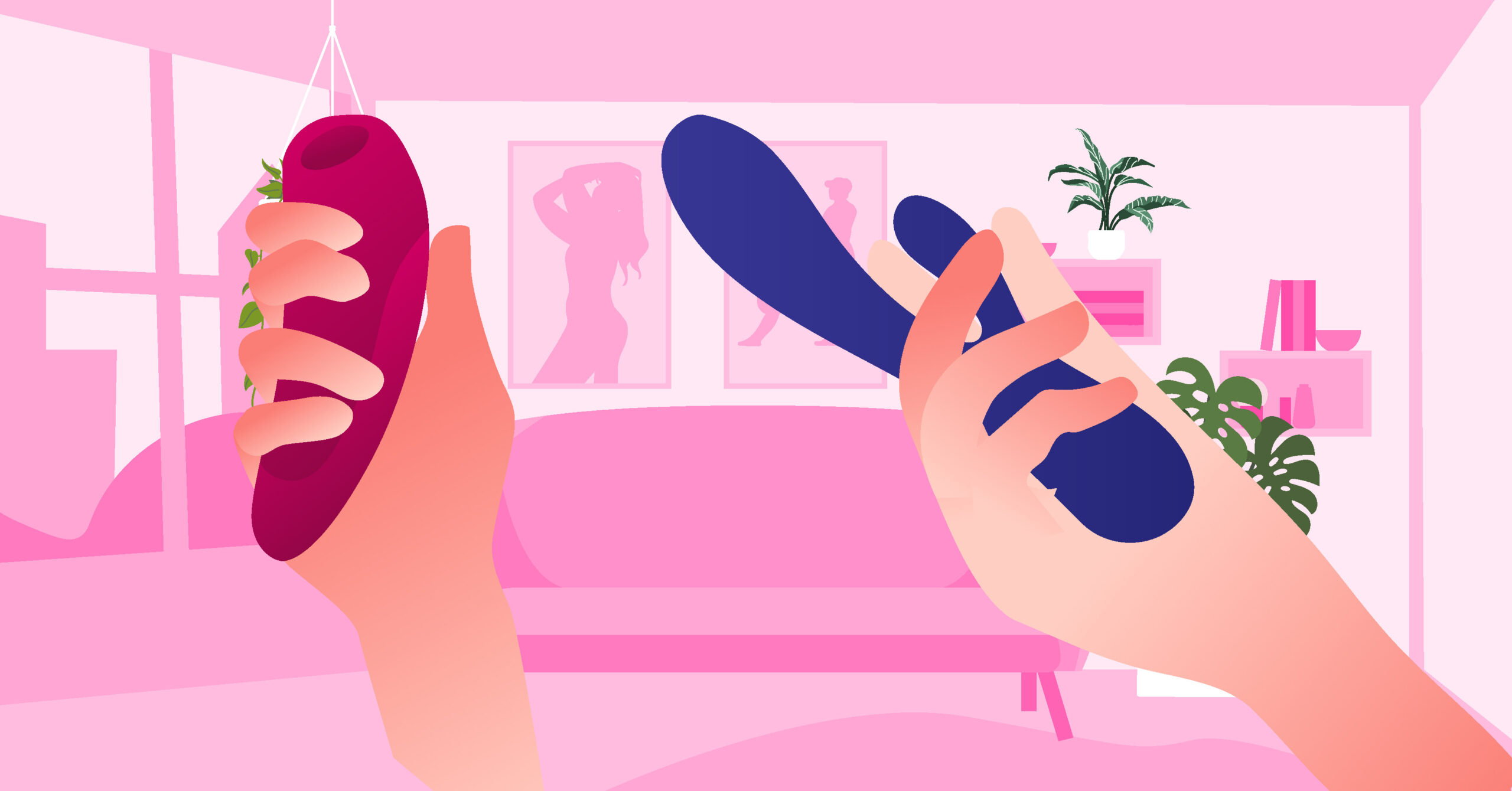
Sex toys, especially those designed for vaginal insertion like dildos, G-spot vibrators, rabbit vibrators, and classic vibrators, should always be made from body-safe, non-porous materials. Non-porous materials are easier to clean thoroughly, which helps eliminate any lingering bacteria. These include silicone, ABS plastics, stainless steel, and Pyrex or borosilicate glass.
While using a condom on porous materials (like TPR) can reduce risks, investing in non-porous sex toys is the safest choice to avoid any potential complications with your vulva and vagina.
4Limit the use of food, flavored lubes, and flavored condoms.
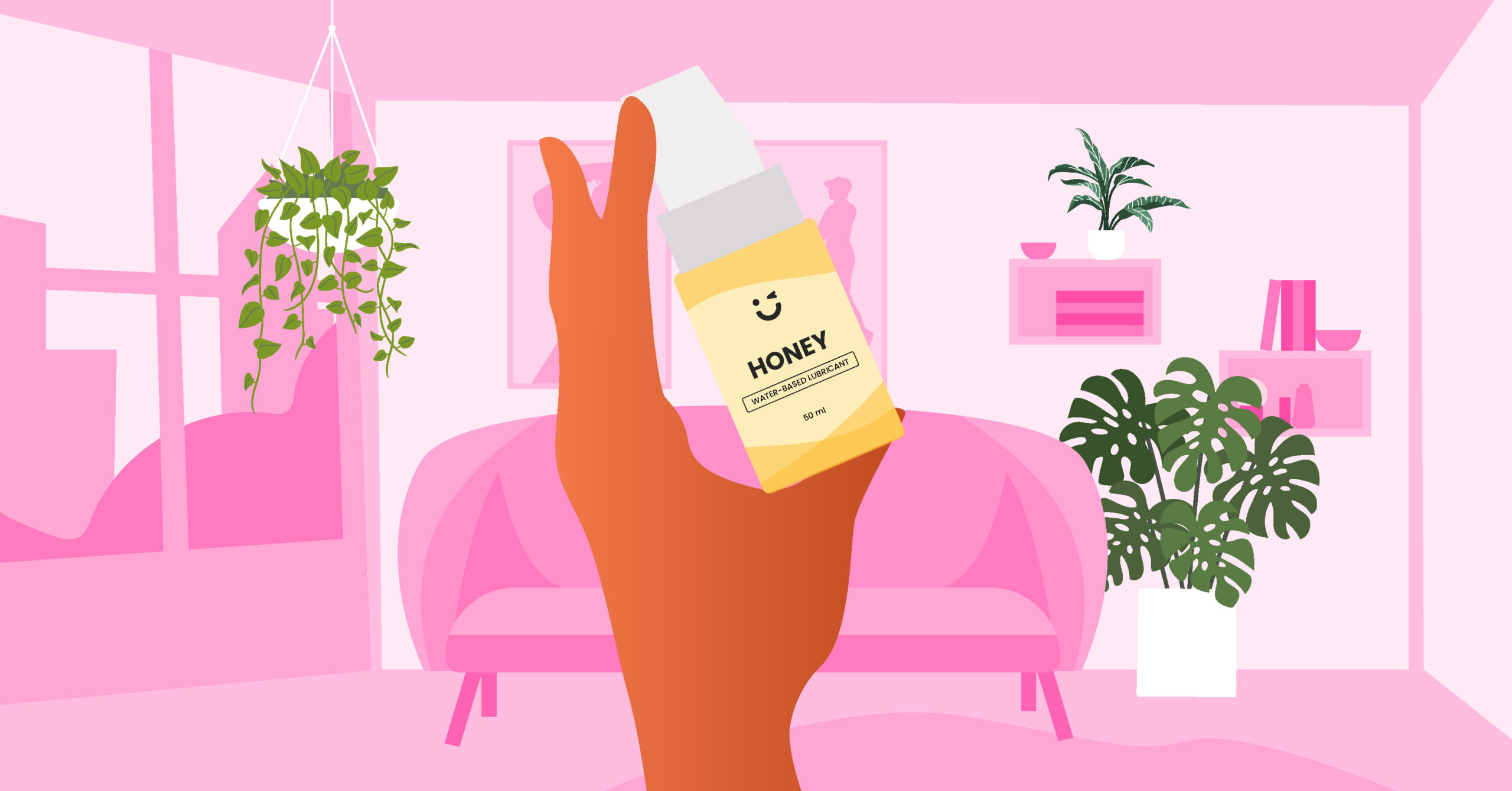
Flavored condoms and lubes can definitely spice things up and make your bedroom activities a lot more fun. However, when it comes to using them internally, like inside the vagina, there are some things to keep in mind. Many of these flavored products have ingredients designed to enhance taste, but they can also mess with the natural pH balance of your vagina. This imbalance can lead to bacterial infections or other issues.
To keep things enjoyable without any extra hassle, it’s a good idea to stick with flavored products for external use only. You can still have a blast using them during oral sex or when exploring the vulva with your fingers. That way, you get the flavor without risking any unwanted infections.
The same advice applies to food play, a kink where couples incorporate melted chocolate, honey, whipped cream, ice cream, fruits, and other goodies into their intimate moments. While it’s fun to drizzle sweet syrups over your breasts or thighs, it’s best to avoid putting these foods near or inside your vagina.
5Stay away from fads like jade eggs or vaginal steaming.
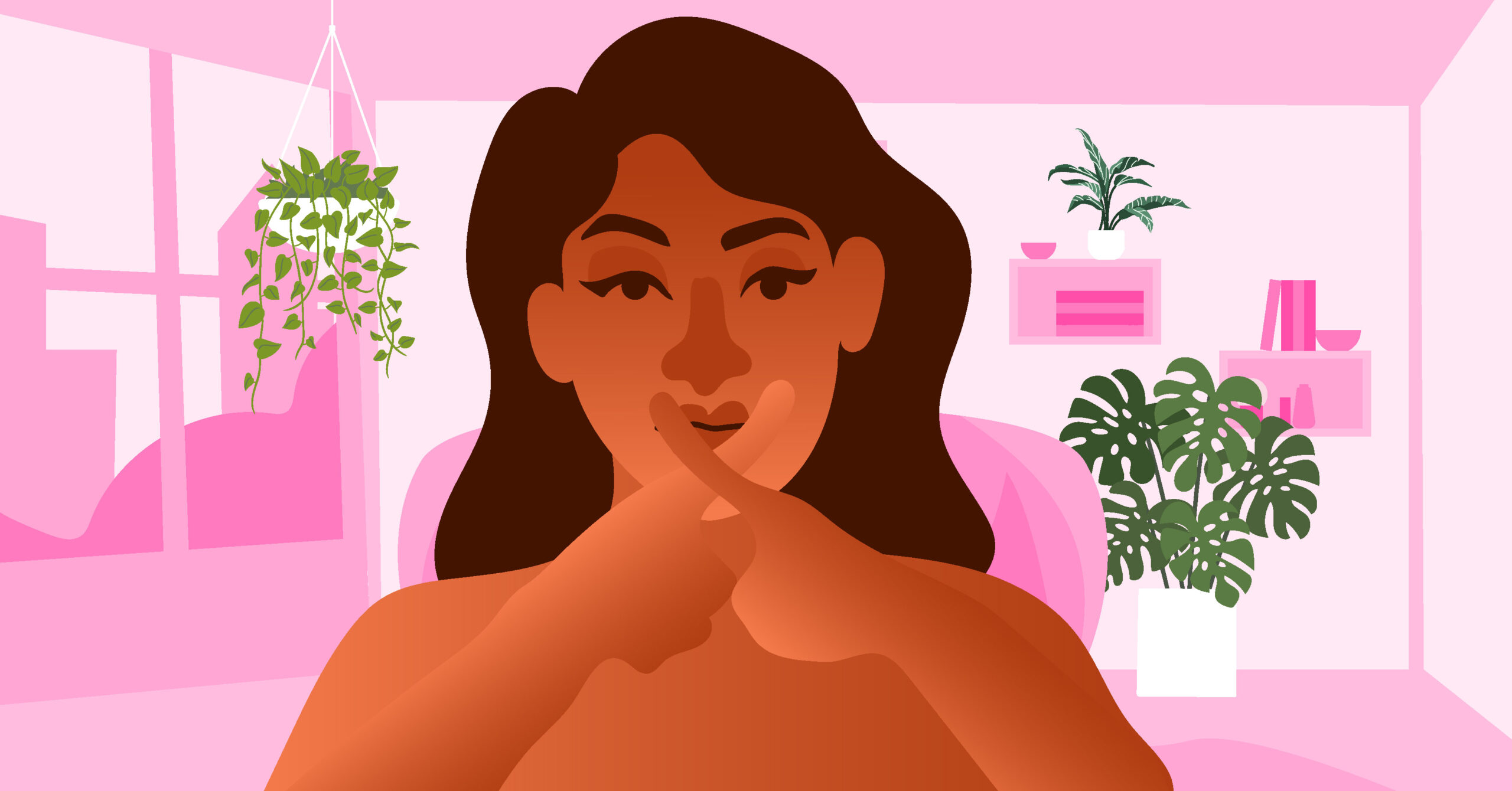
Countless self-care and sexual wellness trends are popping up on social media—some are fantastic, while others can be a bit worrisome. This includes practices like Jade Eggs and vaginal steaming.
Now for those who just heard the Jade Eggs, they’re basically fancy gemstones that are marketed to enhance your sexual energy, balance hormones, and strengthen your pelvic floor muscles. Sounds pretty magical, right? But here’s the thing—there’s no solid scientific evidence supporting these claims.
Instead, if you’re looking to boost your pelvic floor health, there are more effective and safer options. Ben wa balls, for instance, are a fantastic alternative. They’re affordable, made from body-safe and non-porous materials, and are backed by sexual health professionals for pelvic floor exercises.
On the flip side, vaginal steaming is another trend that’s been making the rounds, especially after celebrities like Chrissy Teigen jumped on the bandwagon. The idea is to squat over a tub filled with hot water infused with herbs, supposedly to “cleanse” or “detox” your vagina. While it sounds like a relaxing spa treatment, there’s no scientific evidence supporting its benefits, and it can actually be quite risky.
Your vagina is a self-cleaning organ, and introducing hot steam to such a delicate area is more likely to cause harm than provide any benefits. So, while it might seem tempting to follow this trend, it’s safer and more effective to stick with proven methods for maintaining vaginal health.
-
₱150.00
-
Original price was: ₱420.00.₱378.00Current price is: ₱378.00.
-
₱2,695.00
6Maintain a healthy lifestyle.
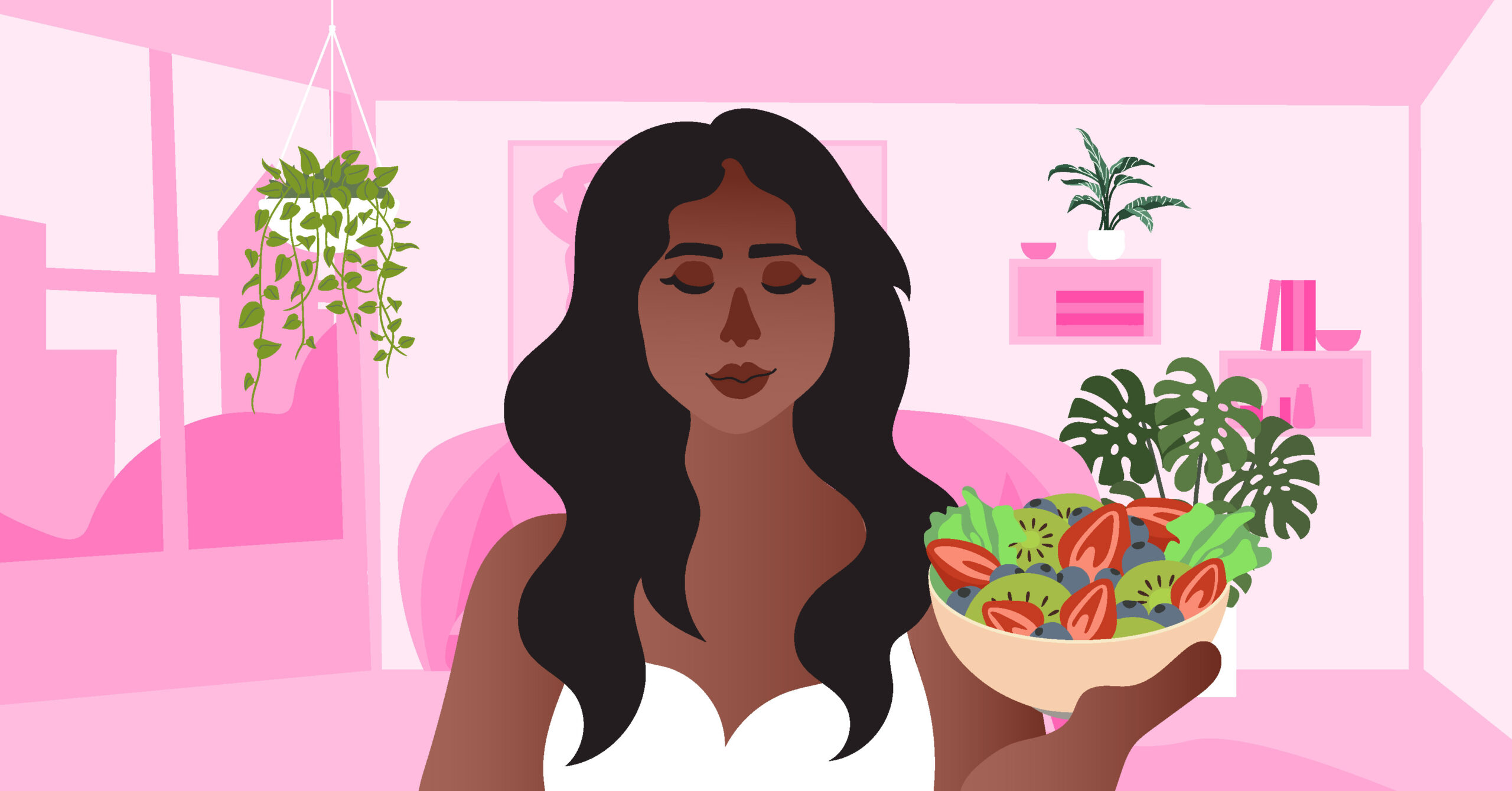
Taking care of your overall health can really make a difference in your vaginal health, so it’s a great idea to focus on a balanced lifestyle. This means enjoying a balanced diet, getting regular exercise, cutting back on alcohol, avoiding smoking, and making sure you get plenty of sleep.
Managing stress is also crucial—so find what helps you unwind, whether it’s seeing a therapist, journaling, spending time outdoors, or diving into new hobbies. Your mental health is just as important and can positively impact your physical well-being.
7Don’t skip your routine gynecologist visits.

Many people only think about visiting a gynecologist when they’re experiencing discomfort or if they’re pregnant. If you’re feeling hesitant about making an appointment, you’re definitely not alone—there’s still a lot of stigma around sexual health. But here’s a nudge to take that step!
Don’t wait for a medical issue to arise. Gynecologists are there to help you maintain your vaginal health, which plays a big role in keeping everything balanced, including taste and smell. They’re professionals used to discussing all kinds of intimate issues, so don’t hold back. Sharing your experiences with them can help you get the best advice and support.
8Try using organic feminine products, such as organic pads and tampons.
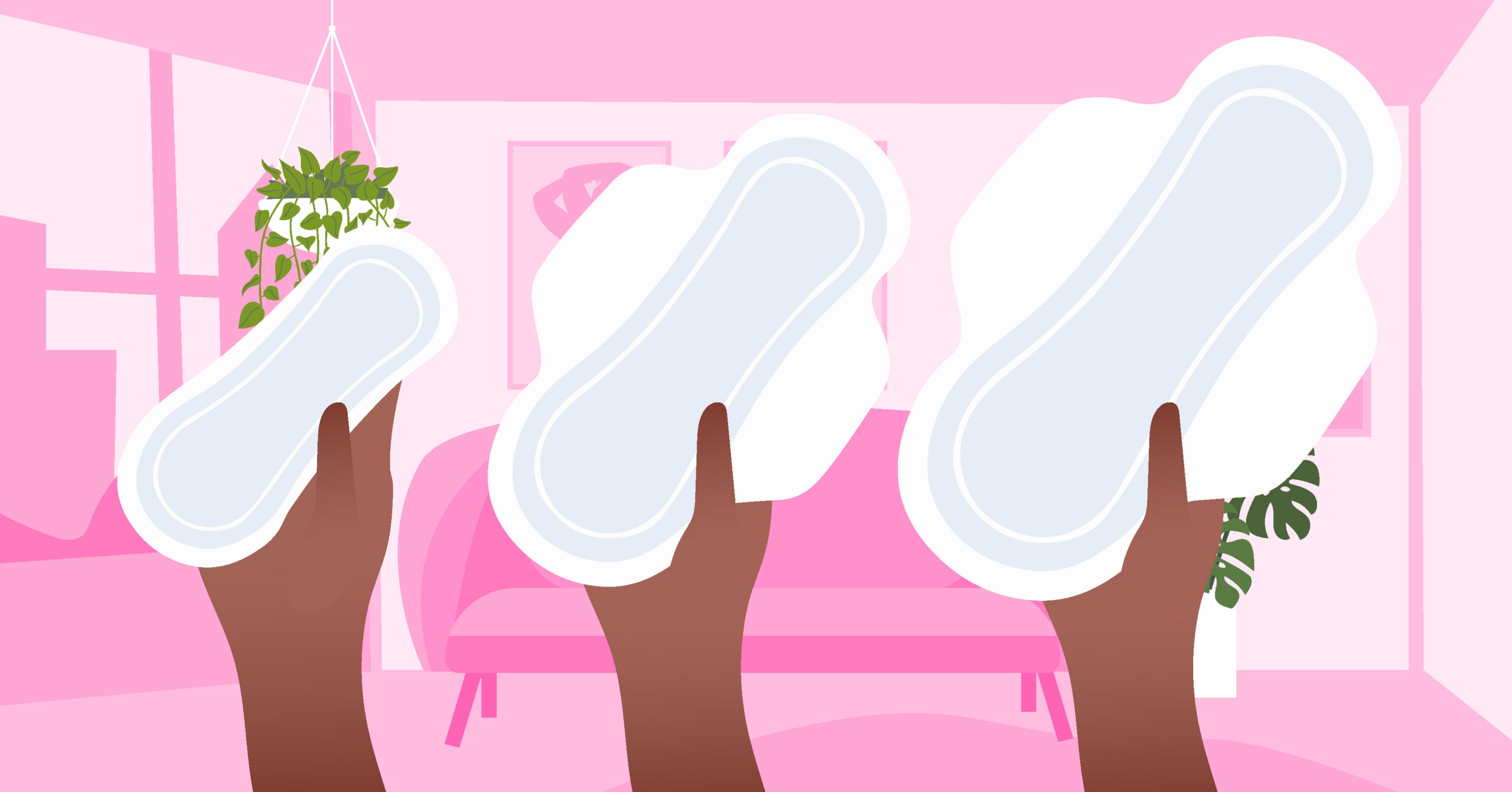
Commercial pads and tampons often contain additives to enhance scent or whiten the product. Even though these are produced with care, some people still experience skin irritations, rashes, or infections from these materials.
That’s why we suggest switching to organic pads and tampons. They use organic cotton, which is more breathable and gentle on your skin than conventional cotton. Plus, organic products are better for the environment since they biodegrade more easily than their commercial counterparts.
Does your partner criticize your vagina, despite it being healthy?
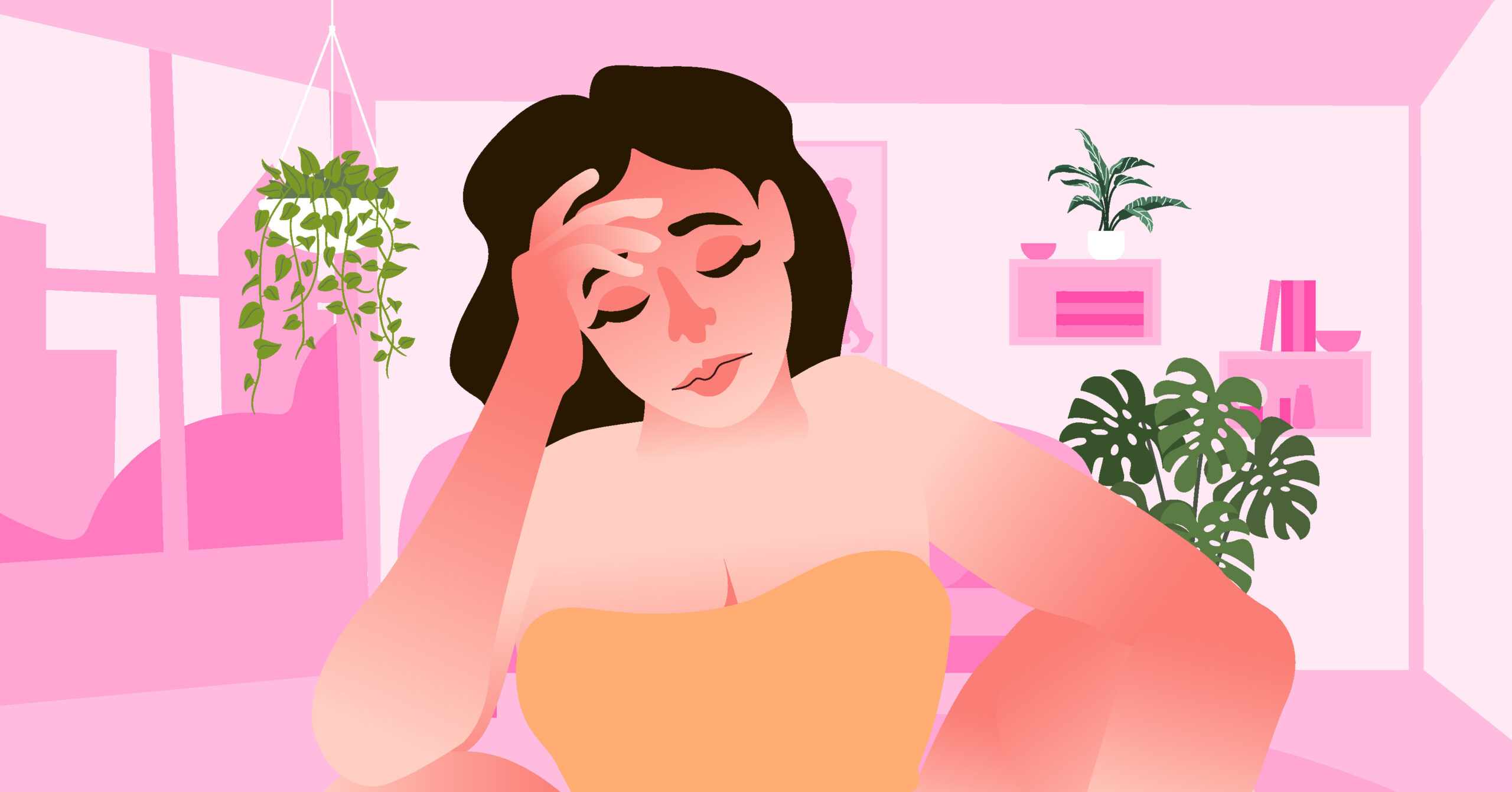
Nobody deserves to be teased or mocked about their body, so if your partner starts making fun of your vagina or avoids intimate acts like giving oral sex because they don’t like it, it’s time for a serious talk. It’s important to express how their behavior affects you and how it makes you feel.
Sometimes, people act this way due to immaturity or their upbringing, but someone who truly loves and cares for you will listen and understand your feelings. If they dismiss your concerns or refuse to change, it might be best to reconsider the relationship. You deserve a partner who appreciates and loves every part of you.
Recommended Intimate Products

Looking to improve your vaginal health routine? Check out these top picks for lubricants, period products, and vaginal wellness tools.
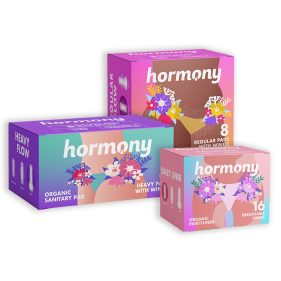
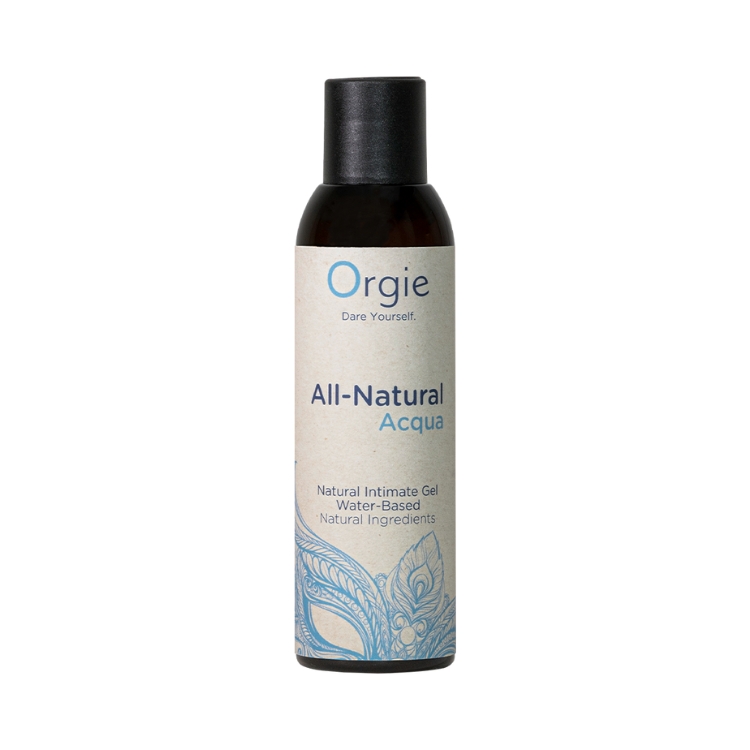
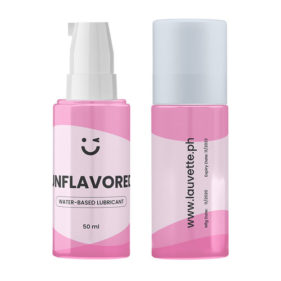
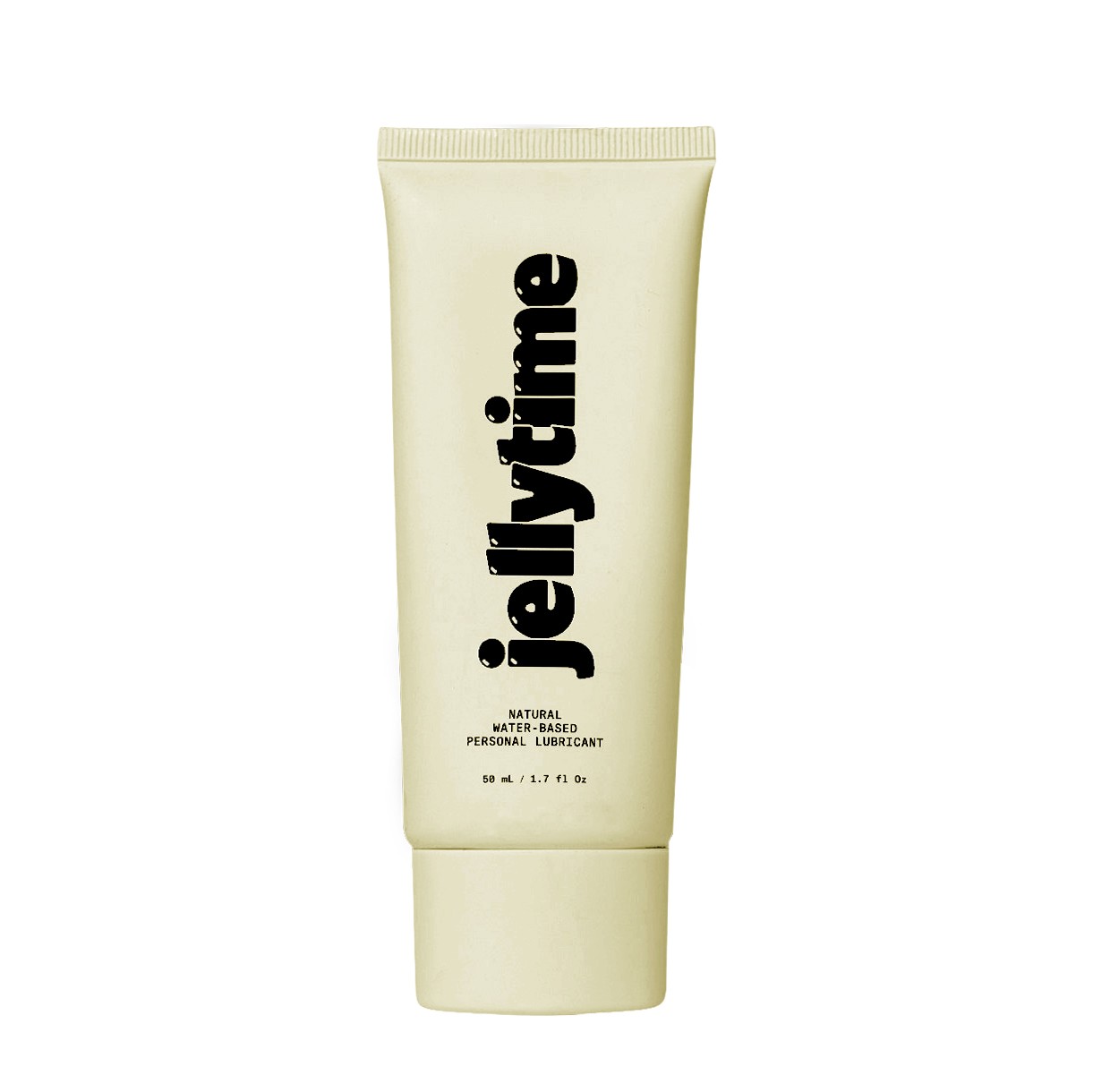
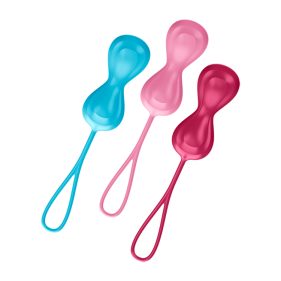
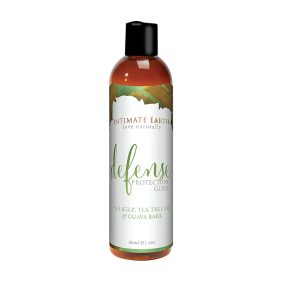
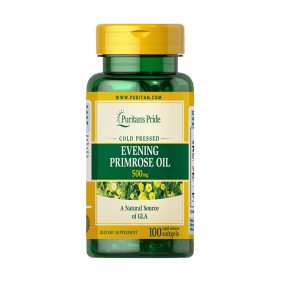
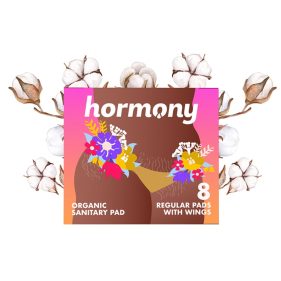
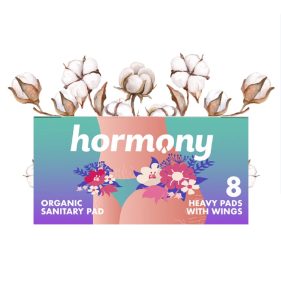
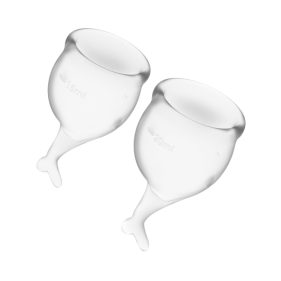
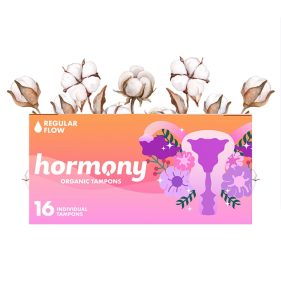
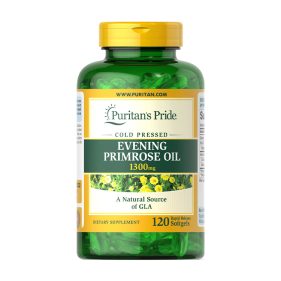
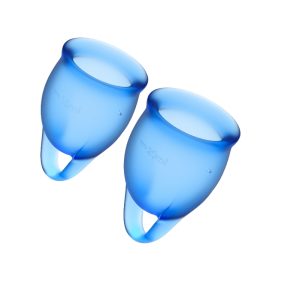
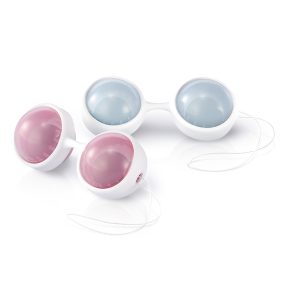
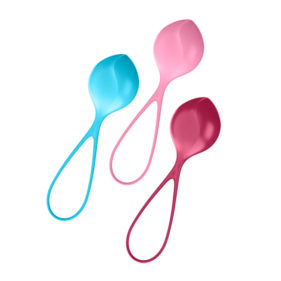
Takeaway
Overall, your vagina’s taste can vary between metallic, salty, or even neutral, depending largely on your vulva care routine and current health condition. As we discussed earlier, these tastes are perfectly normal!
It’s also important to understand that a “sweet” or floral taste, as often depicted in commercials, isn’t realistic. What matters most is that you’re maintaining good vaginal health and hygiene. Embrace the natural taste and smell of your body— the right person will appreciate and love every inch of you.
